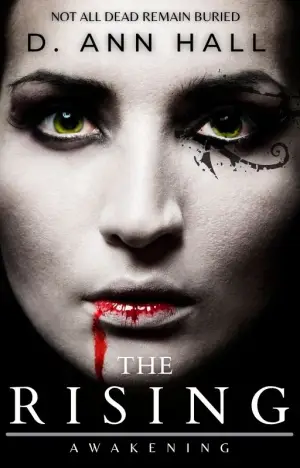Revisiting "The Catcher in the Rye": A Journey Through the Ages
When I first cracked open The Catcher in the Rye by J.D. Salinger as a restless teenager, it felt like discovering a hidden mirror reflecting all my teenage angst and confusion. Fast forward to today, and I’ve journeyed through many life stages that have transformed not just my worldview, but also my perception of Holden Caulfield—the iconic protagonist. It’s fascinating how we can resonate so deeply with a character at one age and feel alienated by them at another. My experience with this novel has been nothing short of a revelation, and I can’t wait to share it with you.
At its core, The Catcher in the Rye is a poignant exploration of isolation and the search for authenticity in a world that often feels overwhelming and hypocritical. Holden’s journey through the bustling streets of New York mirrors the tumultuous adolescent emotions many of us face—feelings of alienation, confusion, and a desperate craving for connection. As I reflect on my teenage years, there was a time when I, too, felt like my surroundings were murky with insincerity. Salinger masterfully captures these sentiments, making Holden’s struggles relatable even decades after the novel’s publication.
The narrative style is both intimate and confessional, pulling you into Holden’s world as he challenges societal norms while grappling with the complexities of adolescence. Salinger’s use of colloquial language makes Holden’s voice feel genuine and fresh. Reading passages like “People always think something’s all true” still gives me chills, as they succinctly encapsulate the doubt and disillusionment that characterize our formative years.
Yet, I recently reread the book in my thirties, and the experience was starkly different. The same narrative that once spoke to my heart now felt tinged with skepticism. In my journal, I caught myself critiquing Holden for his emotional self-absorption—a sentiment that was almost a comfort in adolescence but now seemed naïve. I found myself yearning for the complexities of adulthood reflected in the lives of those around me. Wasn’t life a tapestry of shades, rather than the stark black and white Holden believes?
What struck me most in my latest reading was how themes of change and growth emerged alongside my own evolving narrative. As I read about Holden’s waning resistance to maturity and responsibility, I couldn’t help but reflect on my own journey. It deepened my understanding that angst, while universal in youth, can feel simplistic when viewed through the lens of adult experiences and responsibilities.
As I now revisit the book at forty, I am enveloped by nostalgia and recognition. The passages that moved me in my youth elicit tears today, not for what was lost but for what is still yet to be found. I’d never thought of Holden as a friend, but he’s become a friend who offers wisdom—even if it means confronting discomfort and acknowledging the nuances of life.
I believe The Catcher in the Rye is a treasure trove for anyone grappling with the complexities of identity, relation, and growth. Whether you’re in your teenage years, navigating the turbulent waters of early adulthood, or looking back with experience, this novel offers perspectives that can shift and reshape over time. I wholeheartedly recommend it to anyone who seeks to understand themselves or reflect on the questions that persist through life’s stages.
If you’re ready for an engaging read that feels like a conversation with an old friend, or perhaps a few challenging reflections, give this book a try. Who knows? You might find more of yourself than you expect.
Discover more about The Catcher in the Rye on GoodReads >>






